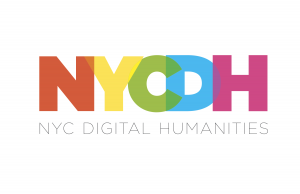Critical Data Methods: Theory & Praxis
NYU, 244 Greene Street, 1st Floor Event Space 244 Greene Street, New York, NY, United StatesWhether in the classroom or archive, humanities scholars and students often encounter data methods as means to an end. Processes like data modeling, analysis, and visualization — sometimes represented by particular applications or technologies — populate the proverbial DH toolbox, equipping practitioners to pursue data-driven research and project-based learning curricula. But, while these data-oriented skills [...]

